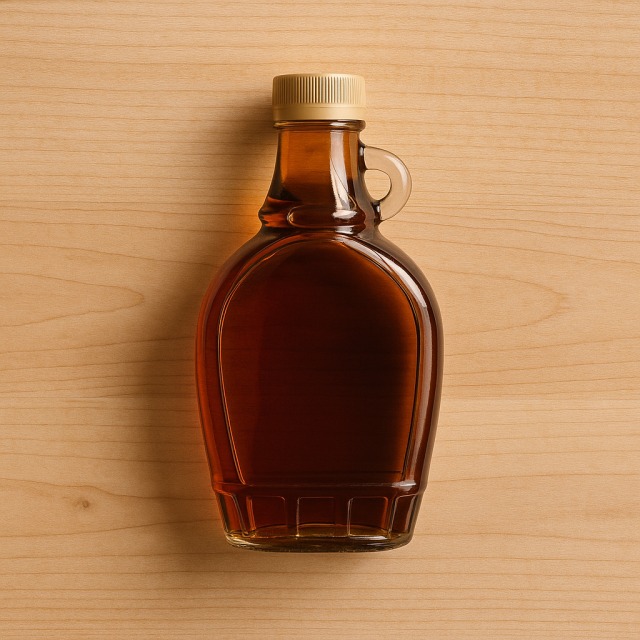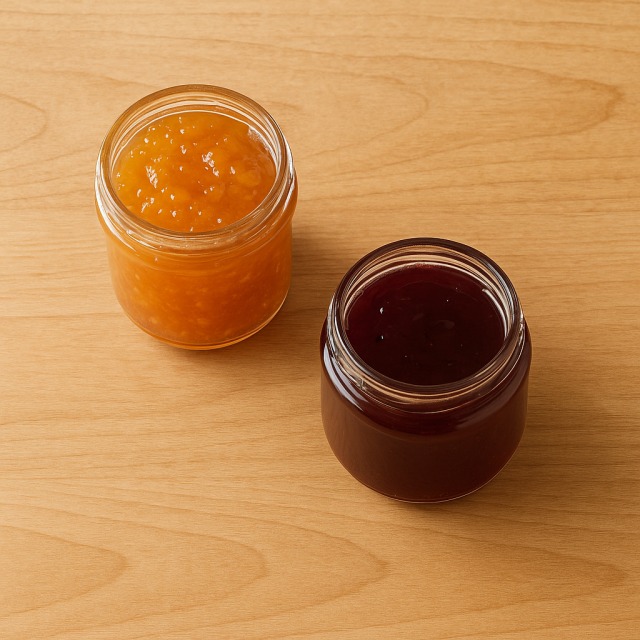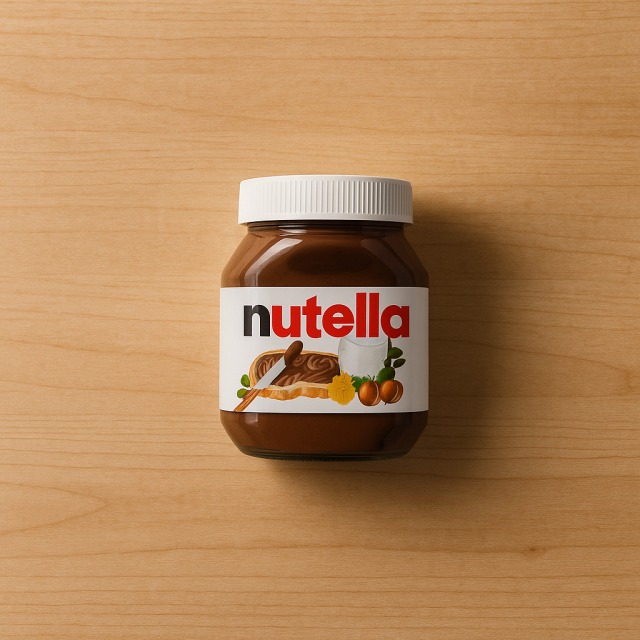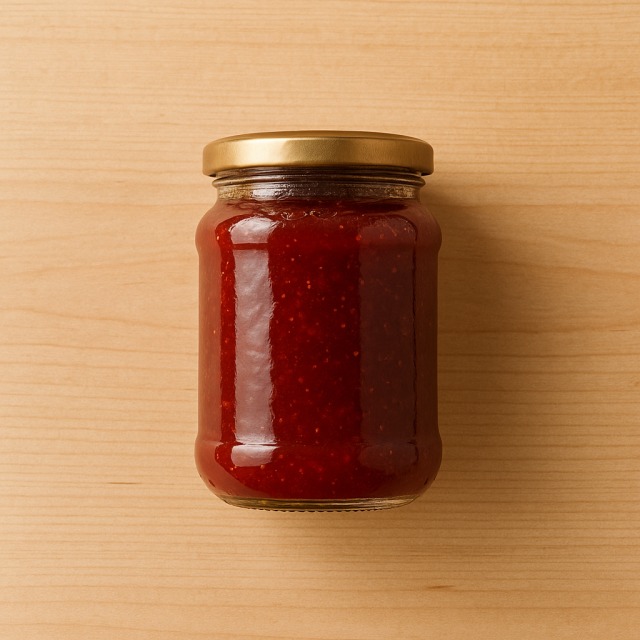Calorie Chart / Breakfast, Snacks / Peanut butter
How Many Calories Are in Peanut butter?
Calculation of the nutritional value & Recommended Dietary Intake of peanut butter
For g and a calorie requirement of kcal
| Calories 92 kcal | Proteins 4.1 g | Lipids 7.5 g | Carbohydrates 2 g |
| 5% | 5% | 11% | 1% |
Health benefits of peanut butter

Peanut butter - 100g
Calories 610 kcal
Proteins 27 g
Lipids 50 g
Carbohydrates 13 g
Peanut butter is a high-calorie food; its dense calories come largely from heart-friendly mono- and polyunsaturated fats. These calories provide long-lasting energy, which explains why many endurance athletes reach for it before training. Despite the calories, the spread supplies around 27 g of protein per 100 g, helping to maintain muscle mass while supporting satiety.
Rich in vitamin E (antioxidant), vitamin B3 (niacin), magnesium, phosphorus, zinc, and copper, peanut butter also delivers the amino acid arginine that may support vascular health. Thanks to its combination of plant proteins and unsaturated lipids, the product has a low glycaemic index, meaning the calories it contains cause only a moderate rise in blood sugar when consumed with fibre-rich foods.
From a nutritional classification standpoint, peanut butter is clearly a high-calorie element. Nevertheless, those calories are accompanied by beneficial nutrients rather than empty sugars. Archaeologists trace the first peanut pastes to the Aztecs, but modern peanut butter was patented in 1884 by Marcellus Gilmore Edson, who sought a protein-rich, easy-to-digest food for people unable to chew meat—an early example of using calories therapeutically.
Tips for incorporating peanut butter into a balanced diet
Because the calories in peanut butter are concentrated, portion control is essential: aim for one to two tablespoons (15–30 g) to keep calories reasonable. Spread it on a slice of wholemeal bread at breakfast with sliced banana; the fibre and potassium of the fruit help modulate the calories while adding natural sweetness.
For a post-workout smoothie, blend one tablespoon of peanut butter with skimmed milk, frozen apple cubes, and a handful of oat flakes. The mixture delivers balanced calories with slow-release carbohydrates, proteins, and electrolytes—perfect after a strength session.
In savoury dishes, whisk peanut butter with soy sauce, ginger, and lime to create a quick satay. Serve it over grilled chicken breast and steamed broccoli. The vegetables keep overall calories moderate, while the lean proteins complement the calories from healthy fats.
If you crave dessert, melt a teaspoon of peanut butter over a square of dark chocolate. The intense flavour allows you to satisfy your sweet tooth with fewer calories than a full candy bar. Remember: pairing peanut butter with high-fibre or high-protein ingredients stretches satiety so you do not feel the need to add unnecessary calories later in the day.
Frequently Asked Questions
- How many calories are in peanut butter?
- Peanut butter provides around 610 kcal per 100 g.
- Is peanut butter good for weight loss if it is so high in calories?
- Used in small portions, the proteins and healthy fats can keep you full for hours, helping you control overall daily calorie intake.
- Does roasting the peanuts change the calories of peanut butter?
- The roasting process alters flavour but has a negligible effect on calories; most commercially available jars remain close to 610 kcal per 100 g.
- Which foods pair best with peanut butter to balance calories?
- High-fibre fruits such as apple or banana, and complex carbs like oat flakes, add volume without many extra calories.
- Are the calories in peanut butter considered "empty"?
- No. Although calorie-dense, the spread delivers vitamin E, magnesium, and proteins, so its calories come with valuable nutrients.
- Can athletes rely on peanut butter calories before endurance events?
- Yes, the mix of fat-based calories and proteins provides slow, steady energy that can sustain long efforts when taken 1–2 hours before exercise.
Similar foods
Information provided by Calorie Menu may contain inaccuracies or errors. It cannot, under any circumstances, substitute medical advice or medication.










